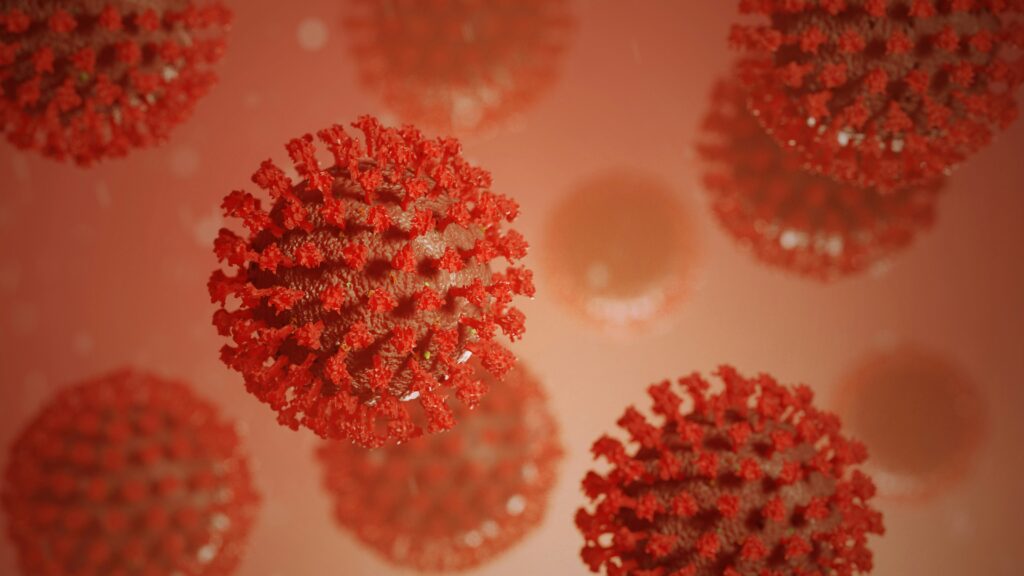
Measles Outbreaks Surge Across the U.S.
In early 2025, the U.S. has seen a sharp rise in measles cases. As of March 13, the Centers for Disease Control and Prevention (CDC) confirmed 301 measles infections, with Texas experiencing the majority of the outbreak. Tragically, at least one death — in an unvaccinated child — has been confirmed.
Alarmingly, 95% of these infections occurred in unvaccinated individuals or those with unknown vaccination status. Children under 19 make up over 75% of all reported cases.
How Effective Is the Measles Vaccine?
The MMR vaccine — which protects against measles, mumps, and rubella — remains one of the most effective vaccines available. According to the CDC:
- 1 dose offers 93% protection
- 2 doses offer 97% protection
For most people, two doses provide lifelong immunity. Those vaccinated prior to 1989, or during the years 1963–1967 (when a less effective inactivated vaccine was used), may need an additional MMR dose.
How Long Does Measles Immunity Last?
Immunity from the MMR vaccine is generally long-lasting and may be lifelong. While studies have shown a slight decline in antibody levels over time (roughly 0.039% per year after age 5), the immune system retains “memory cells” that help fight off infection.
If you’ve had measles, you likely have natural immunity for life — but with a cost. Measles can cause “immune amnesia”, weakening your defense against other diseases for years.
Can Vaccinated People Still Get Measles?
Yes, but it’s rare. About 3% of fully vaccinated individuals may still get infected if exposed. These are known as breakthrough cases — usually mild and much less contagious.
People with weakened immune systems may be more vulnerable despite vaccination.
Should You Get a Measles Booster?
In general, you do not need a booster if you received two MMR doses. However, a booster may be recommended if:
- You were vaccinated between 1963–1967
- You only had one MMR dose
- You are traveling to outbreak-prone areas
- You’re a healthcare worker or live with someone immunocompromised
According to experts, getting another dose is completely safe if you’re unsure of your immunity status.
How to Check If You’re Immune to Measles
If you’re uncertain about your vaccination history or prior infection, your healthcare provider can order an IgG antibody titer test. This blood test checks for measles-specific antibodies, giving you a clear idea of your immunity.
What Is Herd Immunity for Measles?
To prevent widespread outbreaks, at least 95% of the population must be vaccinated. This threshold protects vulnerable groups such as:
- Infants too young for vaccination
- Pregnant people
- Immunocompromised individuals
As measles spreads across several states, especially among unvaccinated populations, checking your immunity could protect not just yourself — but your entire community. Vaccination remains the safest and most effective way to prevent measles and its potentially life-threatening complications.
Disclaimer- This article is for informational purposes only and does not substitute professional medical advice. Please consult a licensed healthcare provider to assess your individual needs regarding vaccinations or immunity testing.
ALSO READ
Shingles Vaccine May Reduce Dementia Risk: New Study Finds Promising Link



